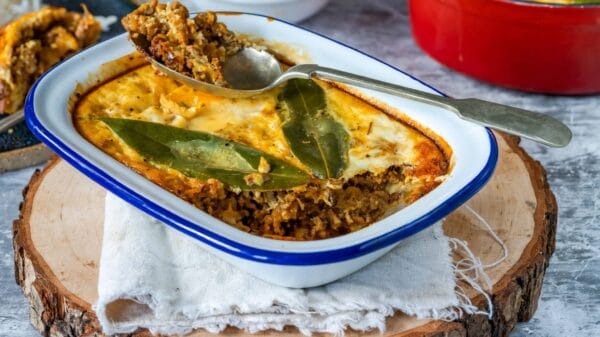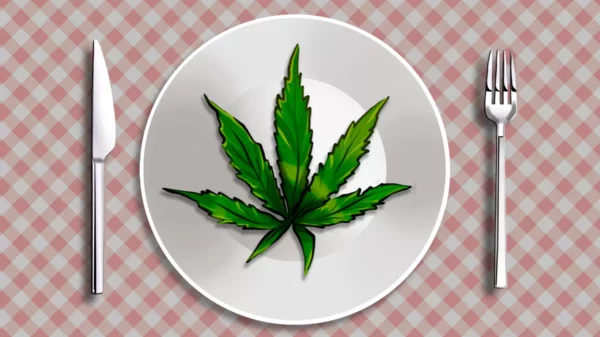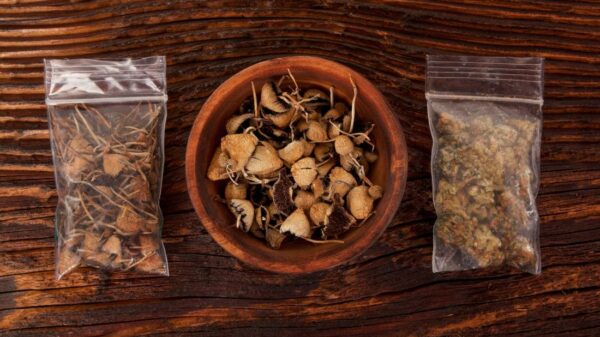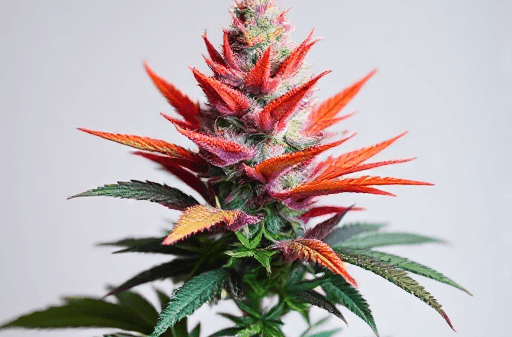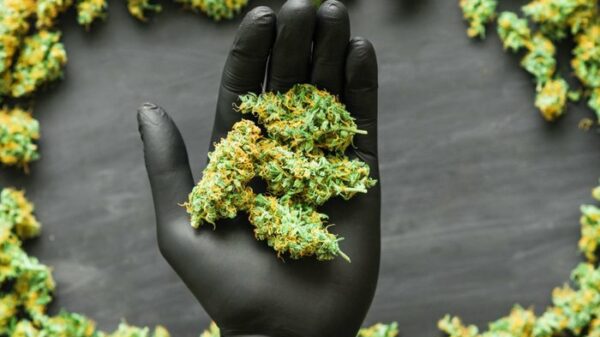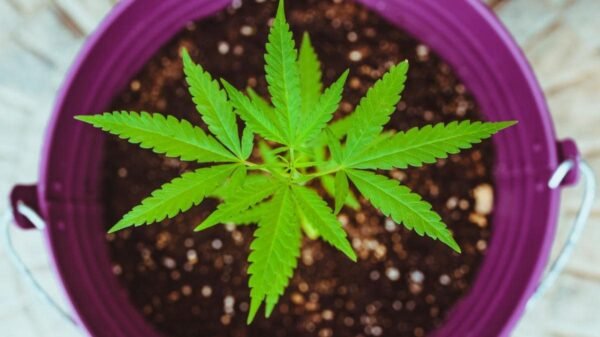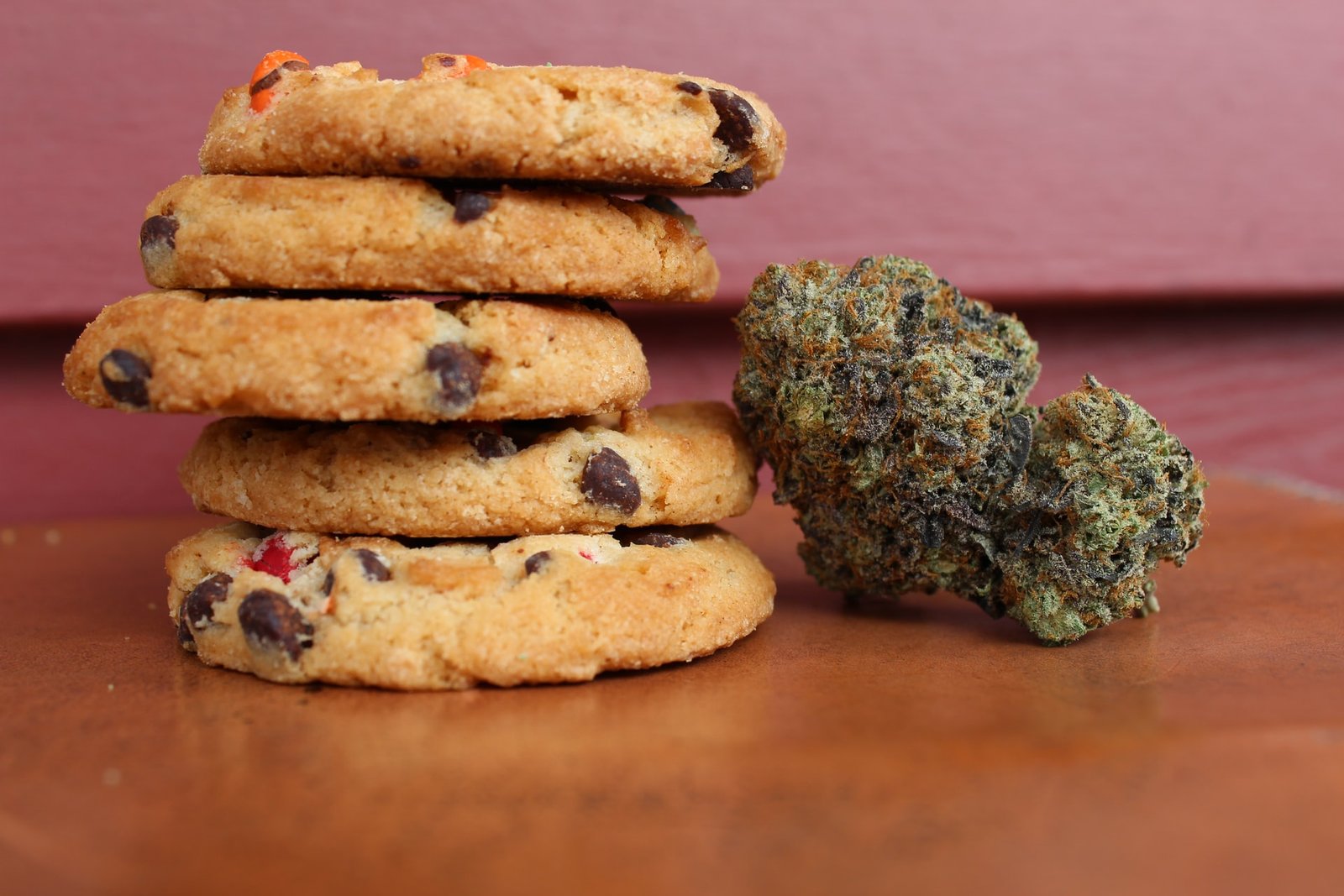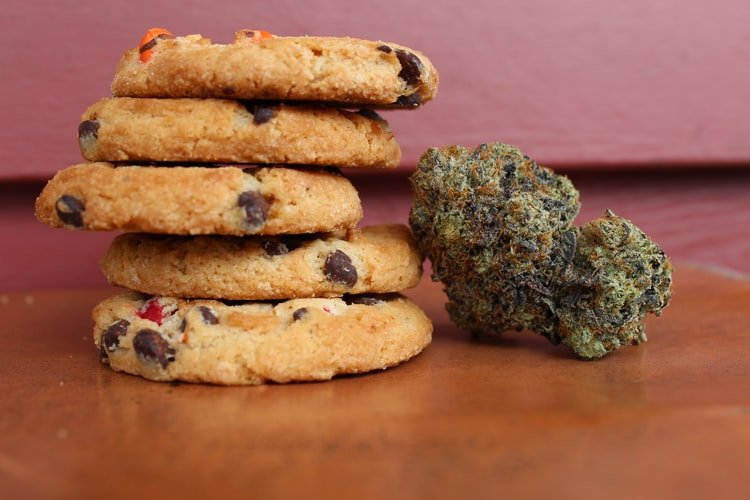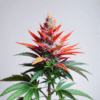Cooking with cannabis is not exactly a new trend, perhaps rather at a junction of its evolution. One that started with fables of failed attempts at making pot brownies, or experiences of frolicking around in a field under the full moon chasing UFOs because your overdid it. Edibles have come a long way since and have reached the realm of competitive reality entertainment.
With the coconut oil craze of yester-year gleaming in the rearview, the globe was sold on the health benefits as well as the eco continuousness of using coconut oil. Cannabutter can be made with other oils, fats or shortenings, however, MCT oil extracted from coconuts is odour- and flavourless, and is versatile enough to replace any of these fats in sweet and savoury recipes.
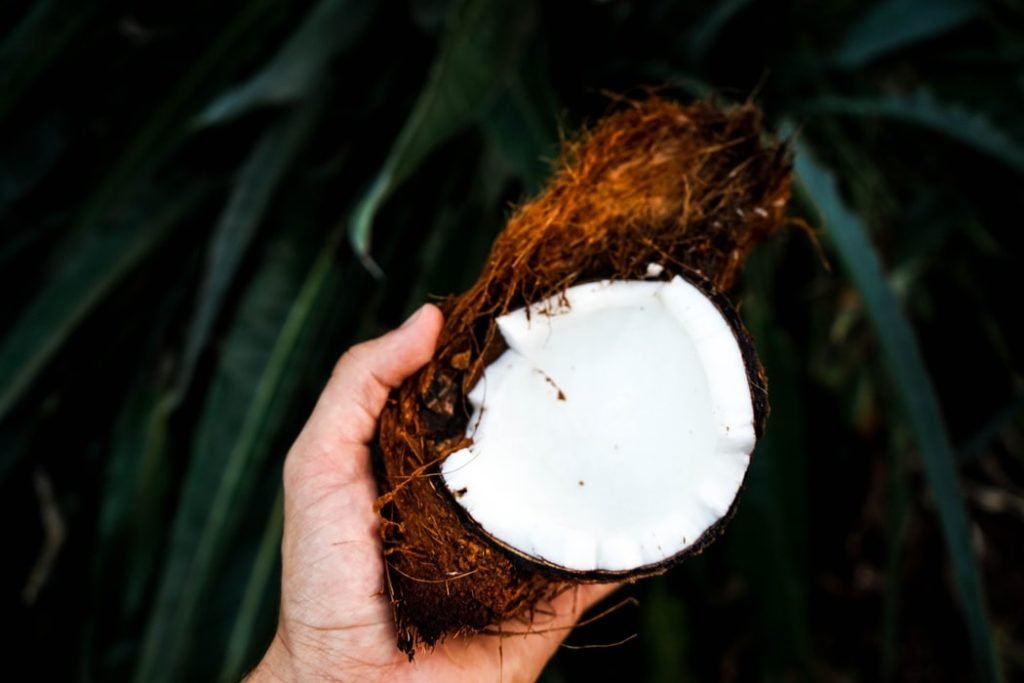
Having a DIY infused oil at hand will not just render the stoner chef inside you limitless, as ganja grease made with coconut oil has a bunch of budding benefits. Coconuts are high-fat fruits full of disease-fighting antioxidants, it is thought to promote blood sugar regulation and reduce risk factors associated with heart disease. It is worth mentioning that you should consult your health practitioner before including coconut in your diet as it is high in saturated fats. On the other hand, the low unsaturated fat content reduces the chance of your Yee-hee butter becoming rancid when oxidized. It is easy to get overwhelmed by the amount of coconut oil producers around the globe all attesting to their extraction, production and purifying methods; it is best to find a product which is high in MCT oils.
Here are a few uses for a cannabis-infused coconut oil:
- Ache and pain relief when applied as a topical
- Interchangeable with other oils, fats or shortening in most recipes
- Treat sunburn and minimize skin peeling
- Medicated body messages
- Make coco-capsules by filling empty capsules with liquid cannabutter
- Non-dairy creamer in blended coffee
- Skin moisturizer
- Sex lubricant – it is known to increases blood flow and heighten sensation.
If you currently reside within a zealous zip code with a legal weed status make sure to obtain quality lab-tested bud from a trusted supplier or take the time to grow your own to ensure a quality product.

Every writer, recipe developer and dagga enthusiast will swear by their specific method and ratios, it is best to start at a neutral point with a ratio of 1:1, and adjust it slightly the next time if you want it to be more or less potent.
Cannabis-infused Coconut Oil
Recipe by Stoned CitizenCourse: Articles, Eat, Heal4
servings30
minutes40
minutes300
kcalIngredients
1 Cup Cannabis flower and trim, decarboxylated
1 Coconut oil, warmed slightly to be in a liquid form
15 ml Sunflower Lecithin
Directions
- Place the all the ingredients in a mason jar and ensure it is sealed
- Place in a pot with water
- Ensure the water has a rolling boil for 6 hours, top up the water as needed
- Remove the jar from the water and leave to cool down a bit before straining it through a cheesecloth
- Store the Cannabutter and Cannapulp in separate containers and use as desired
Notes
- Before deciding how much cannabutter to add to your recipes, it is important to work out just how Pontent your stash is before consuming it; start with the grammage of the cannabis and multiply it by 75% of the THC content of the selected strain, this will give you an estimated amount of THC in the product. Divide this by the number of portions and just like that you know how much milligrams of THC is in each portion.
Decarboxylation is imperative to ensure that as much of the THC is activated and bioavailable. Decarbing is the chemical process of removing a carboxyl group from the THC-A and releases carbon dioxide and H2O. When THC-A is heated the COOH molecule is removed leaving behind the psychoactive THC, between 25 and 40% of cannabinoids are lost during this conversion.
There are a few ways to decarb your dagga, we recommend spreading your weed out on an oven-safe tray and baking it at 115C / 240F for 45 minutes.
Lecithin is a phospholipid found in eggs, avocados, soybeans and sunflowers.
It serves an essential role within the body, makes up parts of our cell membranes, acts as a binding agent to increase the structural integrity and shelf-life of products and it may increase the potency of edibles by enhancing absorption.
There is evidence pointing towards lecithin being used to treat liver and gallbladder diseases, cognitive impairment and dry skin to name a few.
Although soybean-derived lecithin is more commonly available, it is a highly produced and manufactured product, bringing its health benefits into question; hence our recommendation to opt for the sunflower variant.
The Cannapulp still has beneficial nutrients, compounds and cannabinoids! Enjoy a full spectrum entourage effect by not wasting any part of the plant and working it into your diet or as a supplement. Use up this deliciousness as a herb and incorporate it into meals.

A slight precautionary warning, regardless of whether you are new to giggle grass or if you are a seasoned iron-lung; edibles take between 30 minutes to an hour to kick into action, with some reports from folks saying they have waited up to 8 hours to get the psychoactive effect. Start slow and wait at least 45 minutes before topping up. If you ever feel like you are TOO HIGH, calm down and remember it will pass. After all, there has never been a death by dagga that we know of! Along with a hand full of remedies to try are the terpenes: limonene in citrus and pinene from pine nuts and pistachios are known to reduce the psychoactive effect of THC.









